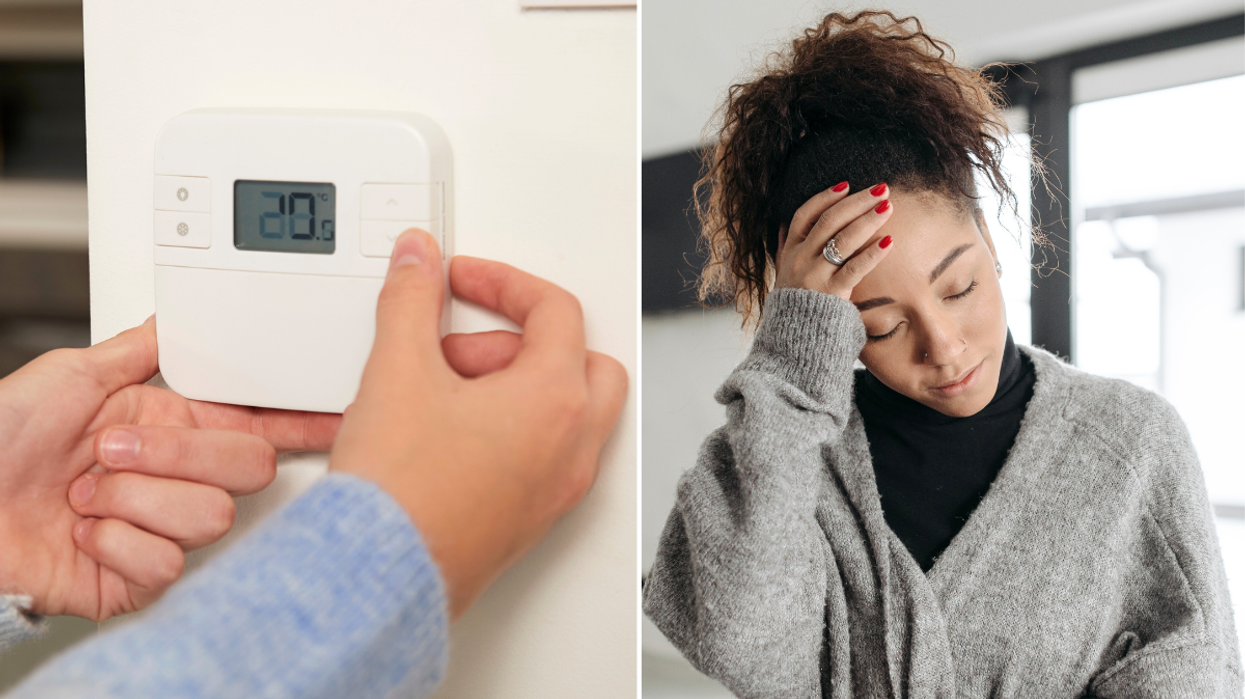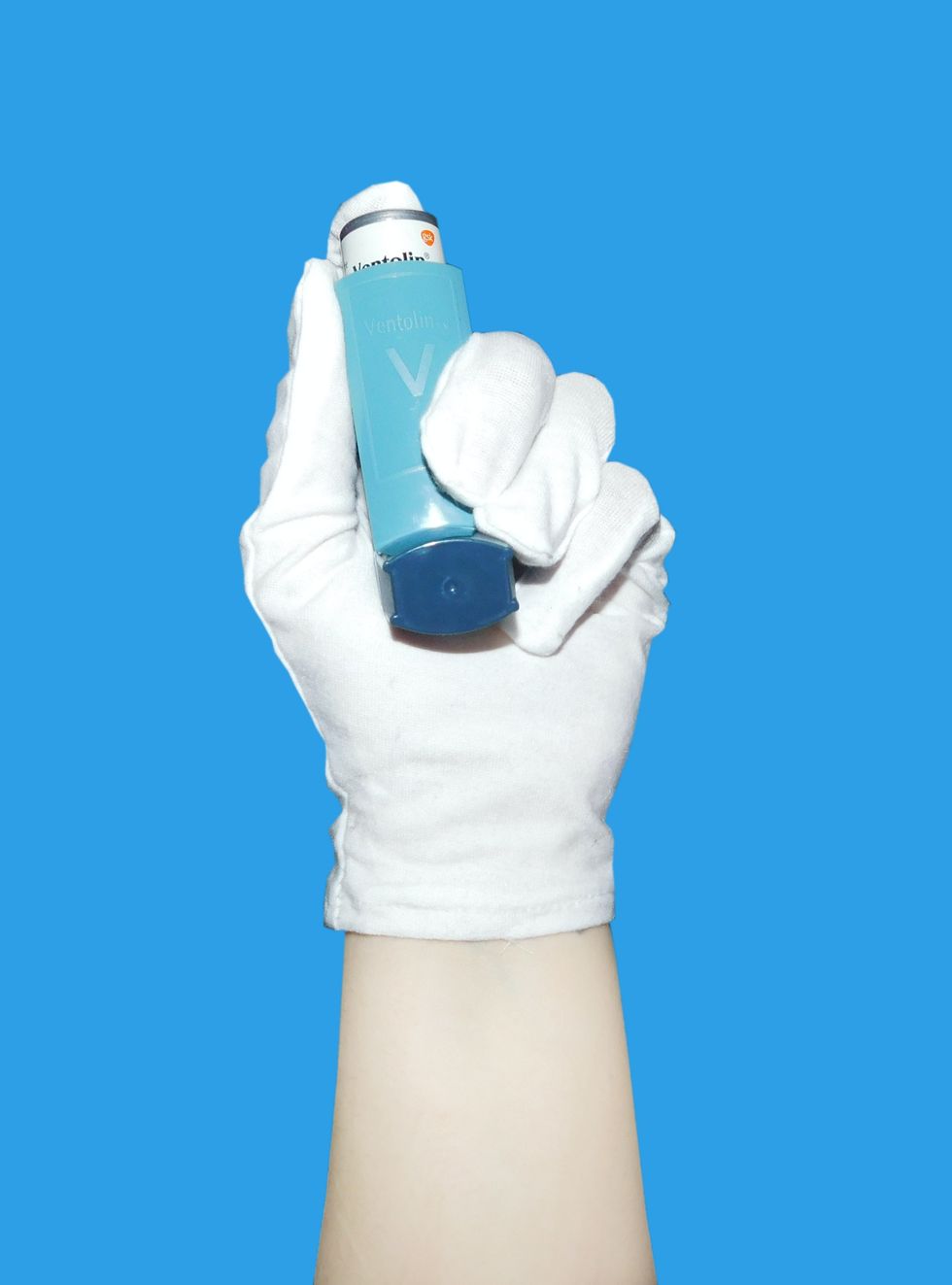Cold snap warning as central heating can trigger 7 serious health problems - how to cope

Many households could turn their heating on as a cold snap hits this week
|GETTY/PEXELS

Temperatures are set to drop this weekend and Britons might put on their heating for the first time this year
Don't Miss
Most Read
It is recommended that the temperature in the home stay above 18°C to avoid health issues.
As temperatures fall into single digits in some parts of the UK, it may be necessary to put the heating on.
This comes as an expert shared the best time to turn the heating on.
While heating is important for general health and for keeping pipes in good condition, it can trigger some health problems.
Cold Weather warning
Speaking to GB News, GP at Lloyds Pharmacy Online Doctor Dr Neel Patel discussed the health conditions that can be triggered by central heating.
Asthma
“Central heating can make the air inside our homes very dry. This can cause lung conditions like asthma to flare up," he said. "You may find the dry air triggers coughing and shortness of breath.”
Sinus infections
“The dry atmosphere can also lead to sinus infections as the air dries out the layer of mucus lining your nose, leading to blocked sinuses.”
Allergies
“As radiators heat the air in a room, a process known as convection is produced," Dr Patel added. "This causes dust to circulate around the room which can trigger allergies.”
Headaches and migraines
“Although dehydration is something we usually associate with summer, it is easy to become dehydrated when in a centrally heated environment all day. This can lead to headaches and even migraines if you’re prone to them.”
Skin conditions
The expert said: “If you have eczema or dry, sensitive skin, you may notice it’s worse in winter. The reason for this is central heating dries out the air and reduces humidity which can trigger eczema and skin irritation.”
Itchy eyes
“The dry air can cause your tears to evaporate too quickly, making your eyes feel gritty, dry and itchy.”
Nosebleeds
“You may also find you get more nosebleeds in the winter months. Again, this is due to the lack of moisture in the air which can result in dryness and scabs inside your nostrils.”
Anyone who suffers from these conditions or is prone to them should be aware when heating their home.
Dr Patel continued to share some tips on how to cope with the conditions while staying warm.
LATEST DEVELOPMENTS

Asthma can be triggered by home heating
|PEXELS
He said: "If you know you suffer from any of these conditions in winter, ensure you have the medication required to alleviate your symptoms. Whether that’s migraine relief tablets, allergy medication or an asthma inhaler, prepare for the cold weather by stocking up now.
"It can be easy to forget to drink enough water in the colder months. You still need to aim for six to eight glasses of non-alcoholic fluid each day if you want to avoid dehydration.”
The expert suggested turning the heating down if it is too hot and regulating water in the air.
He continued: "Both a room that is too warm and a room that is too cold can be bad for your health so it’s about finding a balance. 18°C is usually the temperature recommended for bedrooms while 21°C is ideal for living rooms.
“Another thing to try is investing in a humidifier to regulate the amount of water vapour in the air. However, if you’re on a budget, simply placing a bowl of water near heaters should have the same effect.”
As the weather starts to change, Britons have been warned of disruptive health problems brought on by darker nights.










